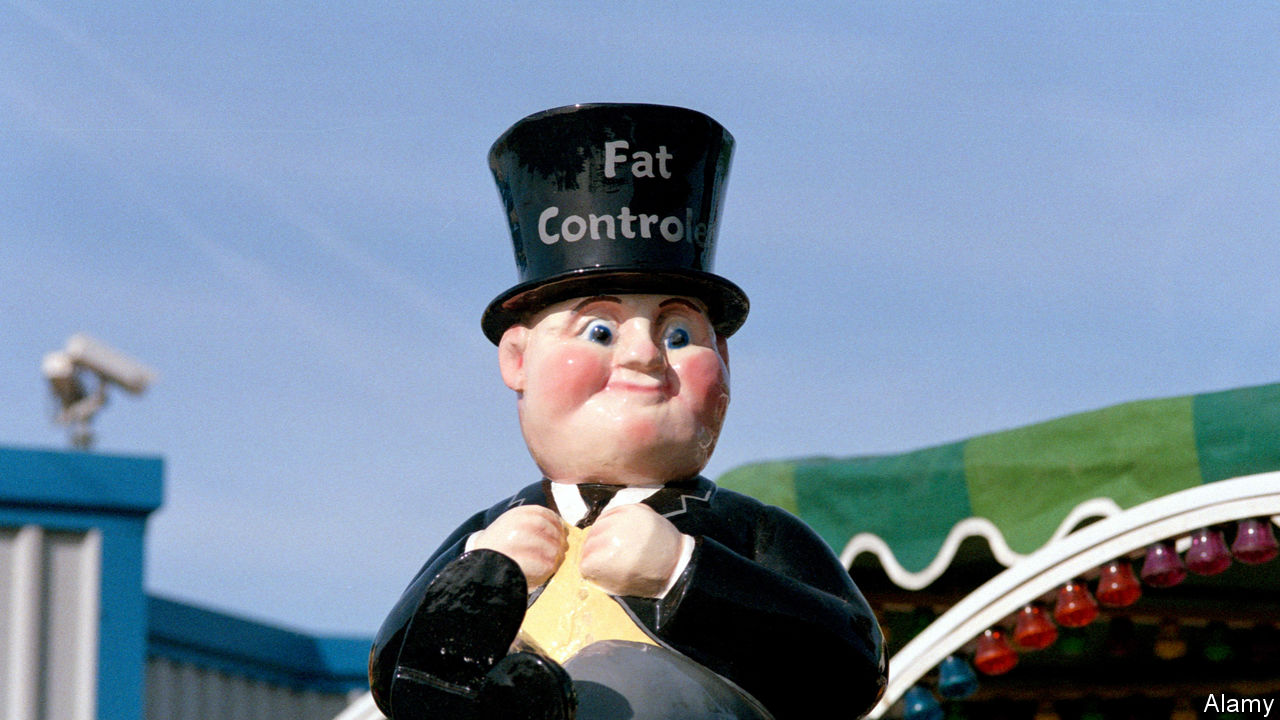
ON MAY 20th, the biggest changes to train timetables in modern British history took place, affecting commuters and business travellers across the country. In the weeks beforehand, the train-operating companies had been spinning the changes as good news for passengers due to an increase in the number of services offered. Journalists were being hosted on training rides on the new routes. But in practice the changes turned into the biggest railway-management disaster in modern British history:
It sounds more like an episode of “Thomas the Tank Engine” than a day in the life of a modern railway. But on May 25th an express train from Newcastle to Reading took a wrong turn, and got lost in Pontefract, 150 miles away. That might have been funny were it not part of a wider collapse in train services across northern England since a timetable change on May 20th. Shortages of rolling stock and drivers have resulted in up to 43% of Northern Rail’s trains being delayed or cancelled each day. From June 4th the train operator cancelled 165 trains a day, including all services to the Lake District. The anger of delayed commuters is building steam.
The scale of the timetable changes—the biggest for decades—caught the industry off guard. Schedules for 55% of Britain’s network were revamped, altering the times of over a million trains a year. The idea was to use the opening of the Ordsall Chord, a short line linking up stations in Manchester, and a new Thameslink tunnel under London to increase the number of services in operation. But in practice the new schedules for Northern and GTR, which operates Thameslink, proved impossible to implement. In the first week of the new timetable GTR delayed or cancelled a quarter of its trains. It now announces a new schedule for the next day at 10pm each night.
-
Why collaborative thinking beats individual smarts
-
Every World Cup goal ever scored
-
In “Queer Eye”, wardrobes and world-views are made over
-
What is GitHub?
-
Scripture offers much material for arguments about dividing families
-
Do Britain’s railways need a Fat Controller?
On June 15th came the news that the chief executive of GTR, Charles Horton, had resigned. Passengers on one of the firm’s delayed trains called out his move as a “cop-out” and that he was “legging it” rather than sorting out the mess. Other commuters wondered aloud why there was no “Fat Controller”—the authority figure that runs the railways in “Thomas the Tank Engine”—to make the decision to delay the changes once it became clear that the new timetable was untenable. Train-operating companies such as Northern and GTR, and the transport secretary, Chris Grayling, have been busy blaming each other since the new timetable unwound.
Rail experts say the timetable chaos has exposed the weakness of Britain’s fragmented rail sector, where trains are operated by a myriad of firms unconnected to Network Rail, which looks after the tracks. No one is powerful enough to take decisions, such as delaying the new timetable, except for the Department of Transport. And that is not good at the job as it suffers from the age-old problems of what happens if you allow politicians to interfere day-to-day in the running of a rail network. Some form of co-ordination body to join-up decision making, as well as to run the sort of national advertising and ticketing systems Britain currently lacks, is needed.
A return of a nationalised British Rail would be bad news. Starved of investment capital it used to kill scores of people each year in rail accidents that were avoidable and which have not happened in more recent years since privatisation. But devolution may help. In London, Transport for London, which runs both trains and tracks, delayed the introduction of new rolling stock on the new Crossrail line to Heathrow to avoid its own timetabling fiasco on May 20th. In Scotland, where track and train come under joint supervision, Scotrail was allowed to defer its own new timetable after the delivery of new trains from Hitachi, a Japanese manufacturer, was delayed. All of which goes to show that commuters on Northern and GTR are suffering unnecessarily—if Britain had the right structure for its rail industry.
Source: economist
Do Britain’s railways need a Fat Controller?